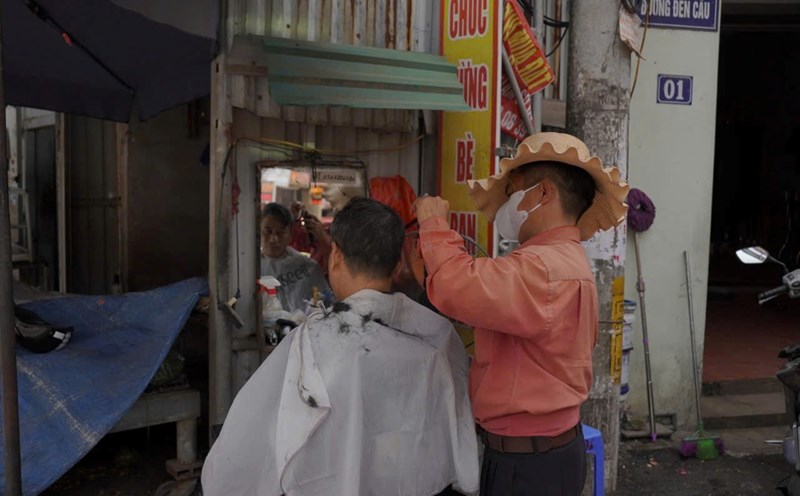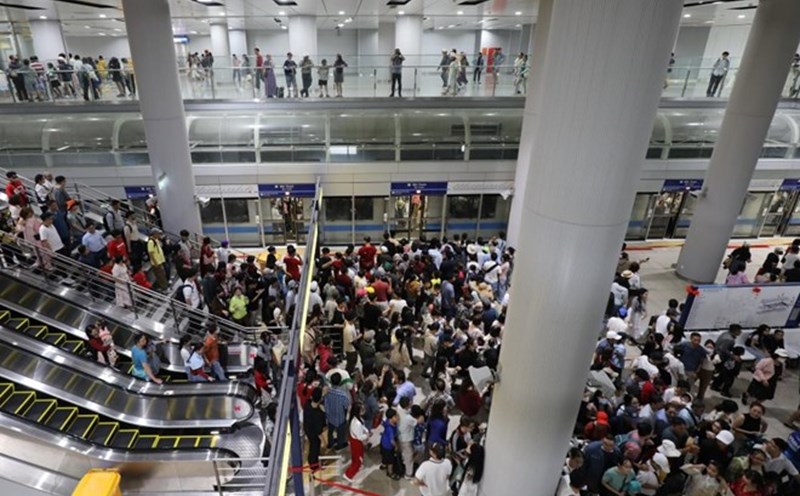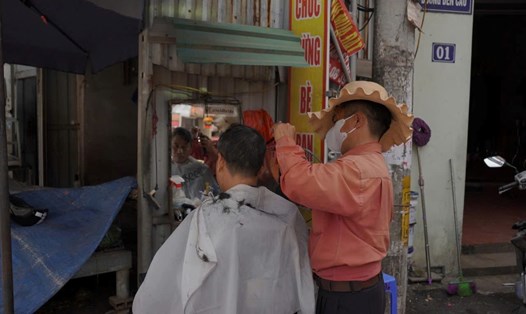According to the report on the status and trends of the implementation of unemployment insurance policies associated with job creation in Hanoi recently issued by the Hanoi Employment Service Center, in the capital, tens of thousands of workers receive unemployment benefits each year. The peak was in 2023 with 84,984 people with the decision to receive.
The Hanoi Employment Service Center believes that unemployment insurance (UI) has performed well as a "support" for social security, helping to maintain a minimum standard of living and social stability during the crisis period.
However, this policy still has some limitations. Typically, the "mental" function (supporting retraining and vocational training) has not been promoted because the rate of vocational training support applications is only under 1% (only 796 people are supported to learn vocational skills out of a total of more than 88,000 applications in 2023).
In 2024, about 51.6% of the workforce will be in the informal sector. This area, along with gig workers (workers doing temporary, flexible and short-term contracts), creates a large "covering space" for social security and tends to "root up".
Notably, the situation of "having a job but still poor" still exists (9.6% in 2024), especially serious in female workers (13.3% in 2024, higher than double that of men).
Employees aged 2540 are still the main group registering for unemployment insurance (accounting for 67.9% of the total number of records in 2023), showing that this group has unsustainable work and is easily affected by the process of restructuring enterprises.
Regarding opportunities to improve social security and support more labor, the Hanoi Employment Service Center believes that the Capital Law 2024 (effective in 2025) has granted a special mechanism for Hanoi to support voluntary social insurance: 100% of the contribution rate for poor households and 60% for poor households. Thanks to that, creating a legal corridor to increase social security coverage, reducing long-term unemployment pressure.
In addition, the 2025 amended Labor Law (effective from January 1, 2026) helps expand the scope of unemployment insurance participation by lowering the threshold from a 3-month contract to a full month or more, including gig labor and time sales. The law also flexibly stipulates the contribution - benefit level with the regulation of the maximum contribution level 1, allowing the Government to flexibly adjust according to the economic cycle. Support for living expenses when learning a trade (supplemental support for meals) to encourage workers to retrain their skills...











